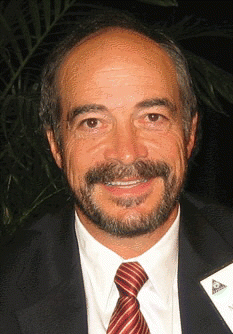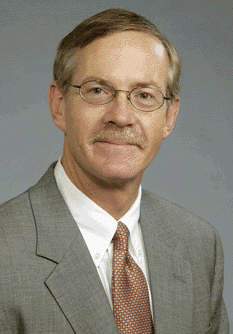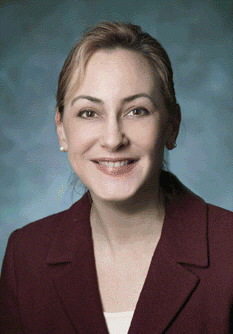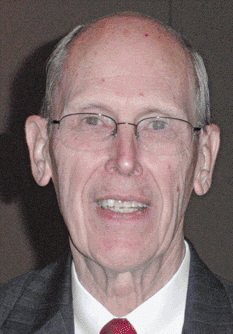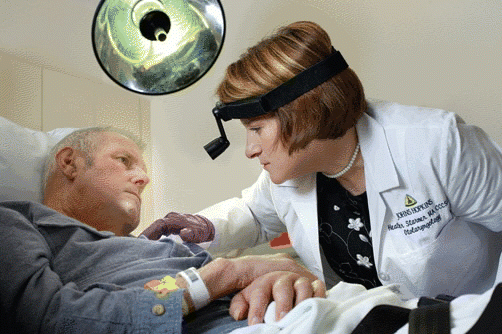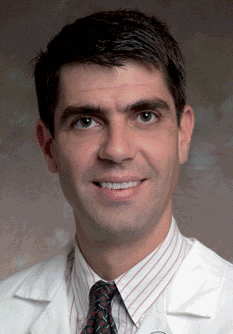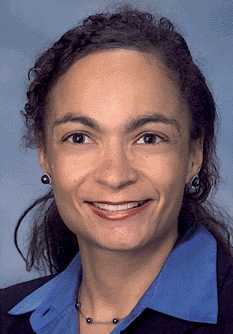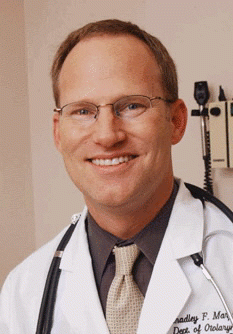Part 2 of 2 articles
PHILADELPHIA-Surgeons are faced with many options for approaching diseases of the sinus; the right approach is not always clear-cut. Five experts reviewed several approaches at Rhinology World held here recently, with some favoring a more aggressive approach, some preferring to be less aggressive, and others highlighting new technology.
